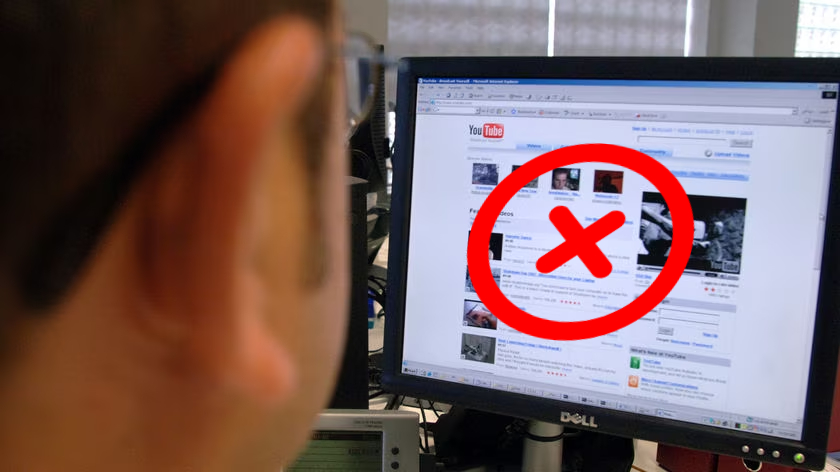A little known secret is that the government is spying on you at all times. Edward Snowden made that come to light in 2013. Whether that still applies or not, it’s clear they don’t want you to truly be free on the internet. The United Kingdom and United States are currently limiting your online purchases and visits, to their discretion.
The United Kingdom ramped up the Online Safety Act on March 17, 2025, but was rolled out on October 26, 2023, nearly two whole years ago. So why are all these websites introducing a required ID verification now? The Child Safety section, introduced on July 25, 2025, requires all platforms “to use highly effective age assurance to prevent children from accessing pornography, or content which encourages self-harm, suicide or eating disorder content.” The Illegal Content section from March also says that “platforms have a legal duty to protect their users from illegal content online”
Keep in mind these laws come after two likely influential factors, such as Australia’s new under-16 internet ban, which came with every YouTube user under 16 having their account deleted and losing the ability to be able to make accounts on any big platforms.
The other factor would likely be controversial watchdog group Collective Shout, who say that they have “achieved many wins: billboards objectifying women pulled down, sexualized children’s clothing withdrawn from sale, sexually violent games banned, Andrew Tate’s pimping courses removed from Spotify, and an age verification trial underway to help protect kids from exposure to porn. Last year saw a record 34 wins.” They saw a huge spike in attention after they got a simulated rape game named “No Mercy” banned from nearly all listed storefronts.
Why are we suddenly getting all these restrictions now? The likely answer is just the growth of the internet. Social media, pornography, video games (whether mature or for young children), and all sorts of other digital media are now just a click away on a phone, no longer needing super expensive computing equipment or retail purchases.
A research report by Common Sense Media noted that by just two years old, 40% of children have their own tablet and by four years old, 58% have their own. They also note that 25% of children under eight years old have their own cell phone, 33% of children aged five to eight years old use AI for learning. This obviously has most countries in a panic, as they try to prevent outrage by parents who don’t monitor their children’s screen time or activities online.
In an attempt to prevent children finding inappropriate content online, these restrictions keep a major eye on absolutely everyone online, as all algorithms are keeping track of what you see and listen to in order to determine your age, meaning if you watch content not made for your age range, you’ll have to give the platform your ID or other confidential information you shouldn’t have to give them.
This is more than about child safety. The government is now directly controlling everybody’s online actions. Just recently in the UK, people started to retaliate by using VPNs. A Virtual Private Network hides your actions from your Internet provider, and UK residents used this to bypass the new laws by spoofing their location to other countries. In response, the United Kingdom shared plans to completely ban Virtual Private Network usage.
While the government has shelved a so-called “spy clause” that would allow Ofcom (basically the UK equivalent of our FCC) to force encrypted messaging apps like WhatsApp and Signal to provide access to users’ messages, it has only been delayed because according to Rasha Abdul Rahim, the Director of Amnesty Tech, the world’s largest grassroots human rights organization, “It is not possible to create a technological system that can scan the contents of private electronic communication while preserving the right to privacy.”
The government can only get the “legal” amount of your data they’re only allowed to get, and without these laws, the government would watch your every movement like a security camera if they could. I say “legal” because sometimes the data they collect isn’t even fully legal. It’s usually grey areas and loopholes that weren’t explicitly stated and only followed de facto.
You are not in control of your daily activities or data. The government is, and always will be.
